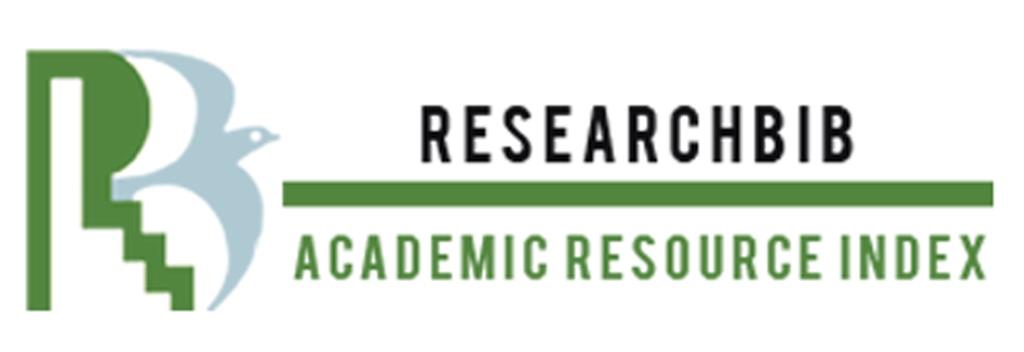DIFFERENCES IN THE DEVELOPMENT OF THINKING IN BILINGUAL AND MONOLINGUAL CHILDREN
Abstract
The aim of this study is to explore whether bilingual children have better working memory skills and cognitive ability than monolingual children. By summarizing previous studies, Chinese-monolingual and Chinese-English bilingual children aged 48-54 months from two kindergartens, whose parents are of lower socioeconomic status and do not speak English, would be selected. The results of previous studies indicate that bilingual children are better at processing information and suppressing cognitive interference than monolingual children, which supports our hypothesis. However, differences in schooling levels and errors in the assessment of children's family economic status in the study still need to be controlled for more carefully. In addition, further implications of this study and the advantages and disadvantages of bilingual education are also discussed.
Downloads
References
Blom, Elma, Küntay, Aylin C, Messer, Marielle, Verhagen, Josje, & Leseman, Paul. The benefits of being bilingual: Working memory in bilingual Turkish–Dutch children. Journal of Experimental Child Psychology, 2014, 128, pp. 105-119. DOI: https://doi.org/10.1016/j.jecp.2014.06.007
Mariela M. Páez, Tabors, P. O., & Lisa M. López. Dual language and literacy development of spanishspeaking preschool children. Journal of Applied Developmental Psychology, 2007, 28(2), pp. 85-102. DOI: https://doi.org/10.1016/j.appdev.2006.12.007
Grundy, J. G., & Timmer, K. Bilingualism and working memory capacity: a comprehensive metaanalysis. Second Language Research, 2016, pp. 325-340. DOI: https://doi.org/10.1177/0267658316678286
















